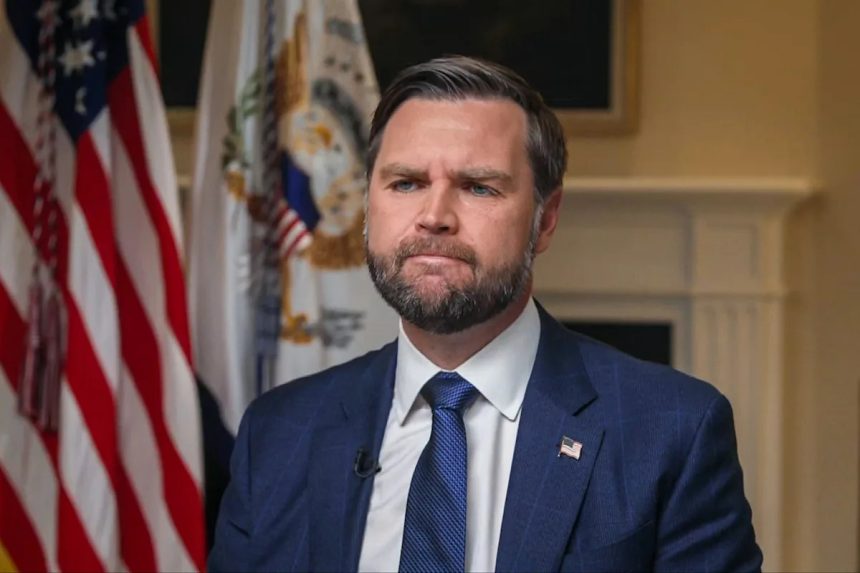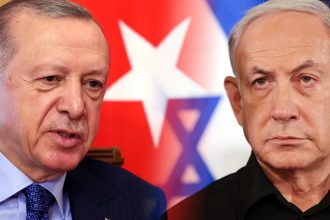Donald Trump’s offensive against the Smithsonian reached a dramatic new level last week, with a presidential declaration that the institution and its museums are “OUT OF CONTROL.” To help bolster his point, the president added that Smithsonian history museums focus on “how bad Slavery was.”
The White House confirmed soon after that, as part of Trump’s broader efforts, administration officials want to target other museums, too. “He will start with the Smithsonian and then go from there,” a spokesperson told NBC News.
While the presidential campaign to control what Americans know and learn about history is clearly reflective of his authoritarian agenda, there’s also a degree of irony to the developments — because if anyone would benefit from some quality time at a history museum, it’s Trump and his team.
The president, for example, has talked about American forces having “manned the air” and taking over “the airports” during the Revolutionary War — despite the fact that airplanes didn’t exist at the time. He later said, “If you look at the end of the Civil War, the 1800s, it was a very turbulent time. You take the end day, was it 1869? Or whatever.”
His vice president isn’t much better. HuffPost noted:
Vice President JD Vance fumbled some very textbook facts of world history while talking foreign policy on Sunday’s ‘Meet the Press.’ During the interview, the Yale Law School alum defended President Donald Trump’s decision to entertain Russia’s terms for a peace deal with Ukraine by claiming all wars end in compromise.
NBC News’ Kristen Welker asked the Ohio Republican an important question, “If Russia is allowed to keep any of the territory that it illegally seized, what message does that send to China? Does it give China a green light to invade Taiwan? Does it give Russia a green light to invade other European countries, which is what your European allies are concerned about?”
Instead of answering the question directly, Vance took issue with the premise.
“Kristen, this is how wars ultimately get settled,” he said. “If you go back to World War II, if you go back to World War I, if you go back to every major conflict in human history, they all end with some kind of negotiation.”
No. If one actually goes back and assesses every major conflict in human history, they mostly ended with one force either conquering or repelling a rival force.
Specifically as to World War II, the United States and its allies gave the Axis powers two choices: death or unconditional surrender. Negotiated settlements were not on the table and at no point did the U.S. consider allowing Germany or Japan to keep territories they had illegally seized by force.
The global conflict was resolved in Europe when Germany collapsed and Adolf Hitler killed himself, ahead of Japan’s surrender after the American bombings at Hiroshima and Nagasaki.
Eighty years later, in the biggest conflict in Europe since the end of World War II, Russia doesn’t have to surrender, it just has to leave its neighboring country, which would immediately end the conflict.
As for how and why Vance got this wrong, it’s possible that the vice president is just confused. It’s also possible that he’s laying the groundwork for a White House policy that would reward Russia for its invasion, as if this is simply “how wars ultimately get settled.”
This article was originally published on MSNBC.com









